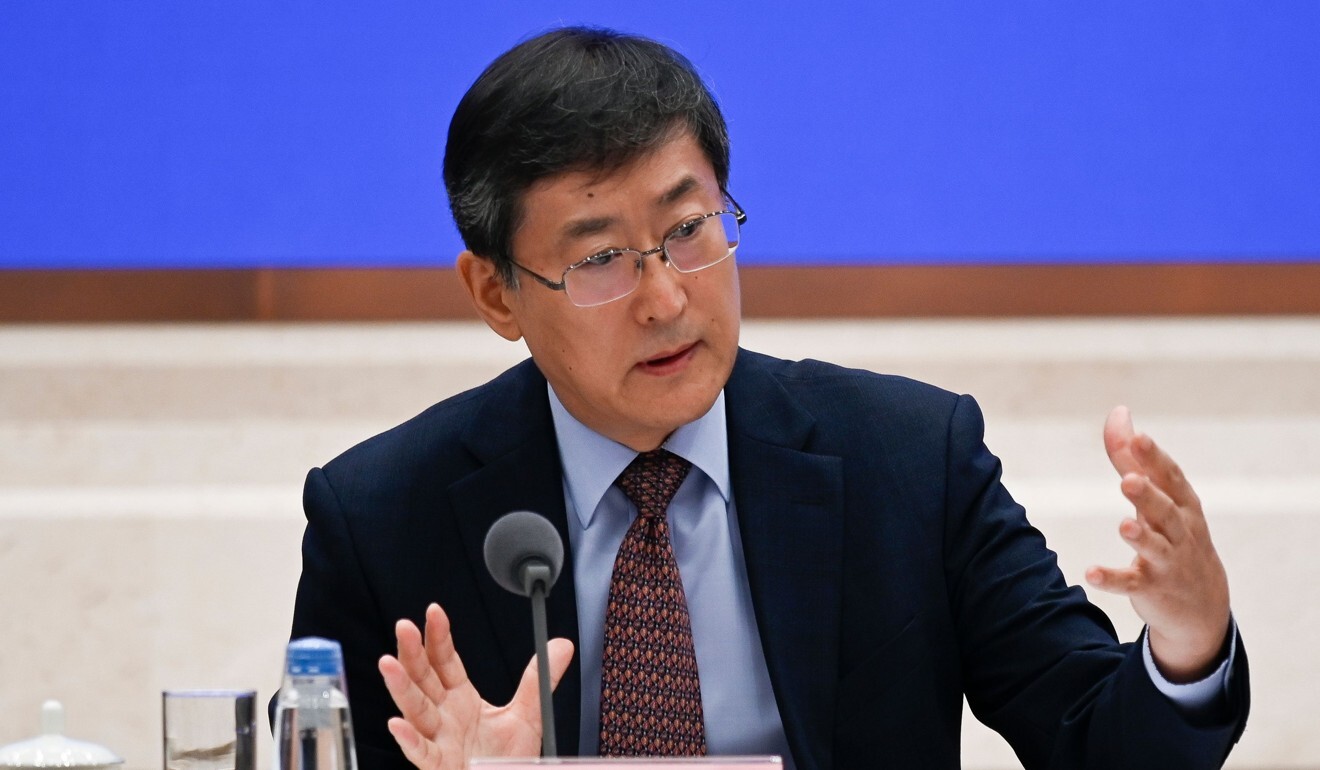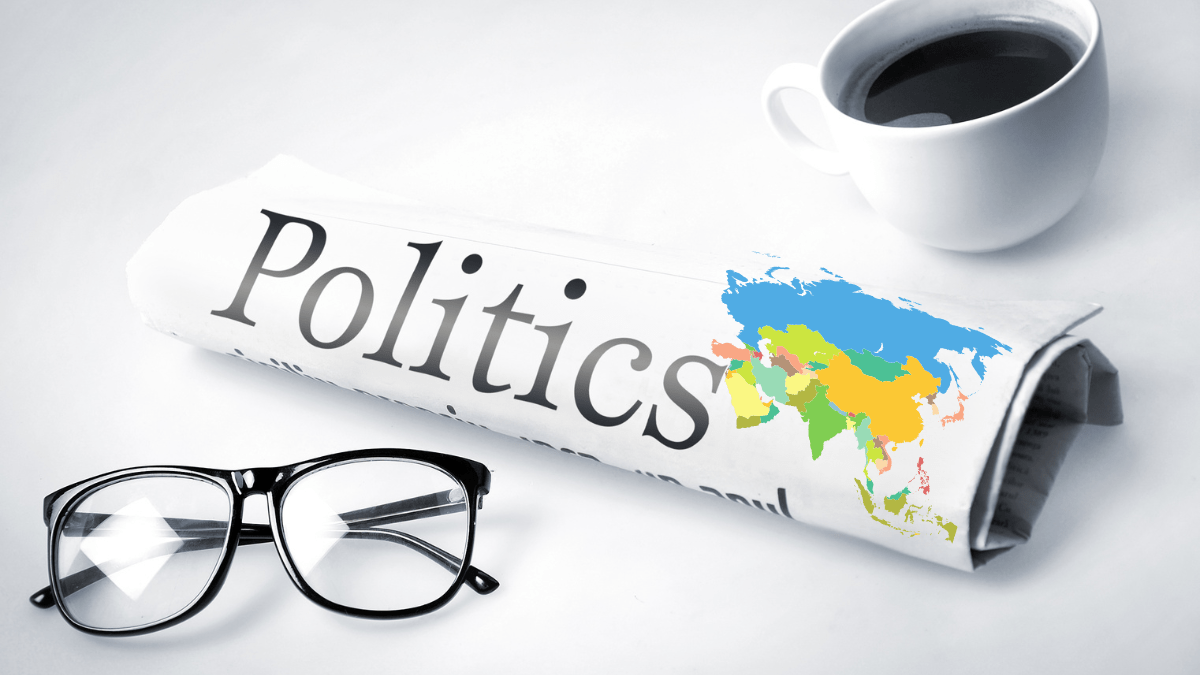As we step into the realm of politics in 2023, the global landscape is marked by a complex interplay of challenges and opportunities. Political dynamics are evolving rapidly, shaped by the aftermath of the global pandemic, shifting geopolitical alliances, and a renewed focus on climate change. In this article, we will delve into key themes and trends that are likely to define the political arena in 2023.
- Global Collaboration in the Post-Pandemic Era: The world is still grappling with the consequences of the COVID-19 pandemic, and international collaboration is more crucial than ever. The effectiveness of global responses to future crises hinges on diplomatic relations and the willingness of nations to work together. The year 2023 presents an opportunity for nations to reassess and strengthen their collaborative efforts, reinforcing the importance of a united global front.
- Geopolitical Shifts and Power Dynamics: The geopolitical landscape is in a state of flux, with traditional power structures being challenged and new alliances emerging. The rise of regional powers, the reevaluation of transatlantic relations, and the evolving dynamics in Asia are all factors that will shape political narratives in 2023. Leaders will need to navigate these shifts judiciously to maintain stability and foster cooperation.
- Climate Action as a Political Imperative: The urgency of addressing climate change has reached a critical point, and political leaders are under increasing pressure to implement bold and effective policies. In 2023, we can expect a renewed emphasis on sustainability, green initiatives, and international cooperation to combat climate change. Political decisions will play a pivotal role in determining the success of global efforts to mitigate environmental challenges.
- Technological Advancements and Governance: The rapid pace of technological advancements brings both opportunities and challenges for political leaders. Issues such as data privacy, cybersecurity, and the ethical use of emerging technologies will demand careful consideration. Striking a balance between fostering innovation and safeguarding citizens’ rights will be a key test for political leaders in 2023.
- Social Justice and Inclusive Policies: The year 2023 is likely to see an increased focus on social justice and inclusive governance. Movements advocating for equality, diversity, and human rights have gained momentum, pushing political leaders to address systemic issues and implement policies that foster inclusivity. How governments respond to these calls for change will significantly impact their legitimacy and public support.
- Economic Recovery and Resilience: Many nations are still recovering from the economic shocks of the pandemic. Political leaders in 2023 will need to prioritize economic recovery and resilience, addressing issues such as unemployment, income inequality, and the revitalization of key industries. Balancing the need for economic growth with sustainable practices will be a delicate task.
Conclusion:
As we navigate the intricate web of global politics in 2023, it is evident that leaders face a multitude of challenges and opportunities. From fostering international collaboration to addressing pressing issues like climate change and social justice, the decisions made by political leaders will shape the trajectory of nations and the world at large. The year 2023 is a pivotal moment, demanding astute leadership, visionary policies, and a commitment to creating a better and more sustainable future for all.





